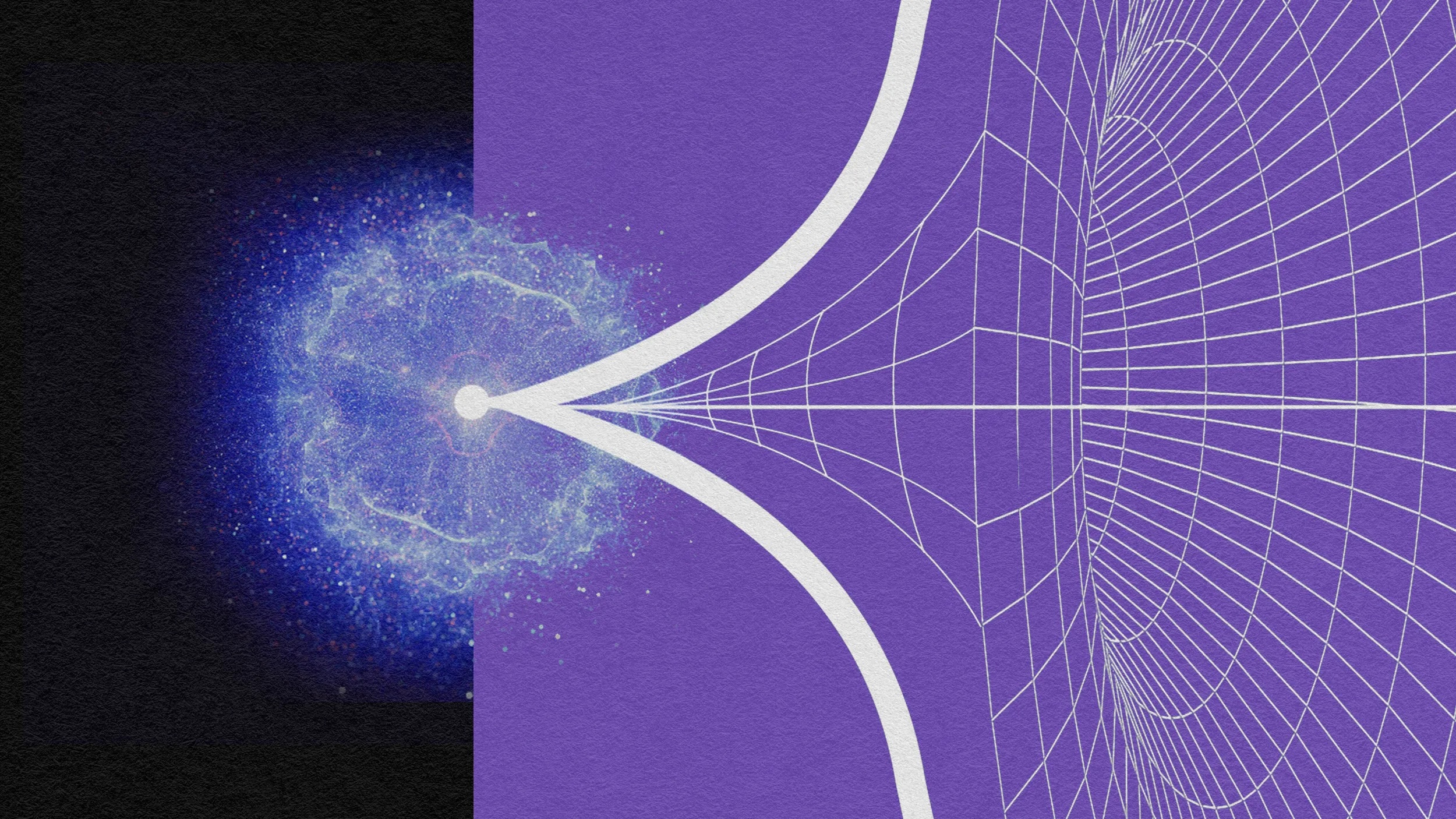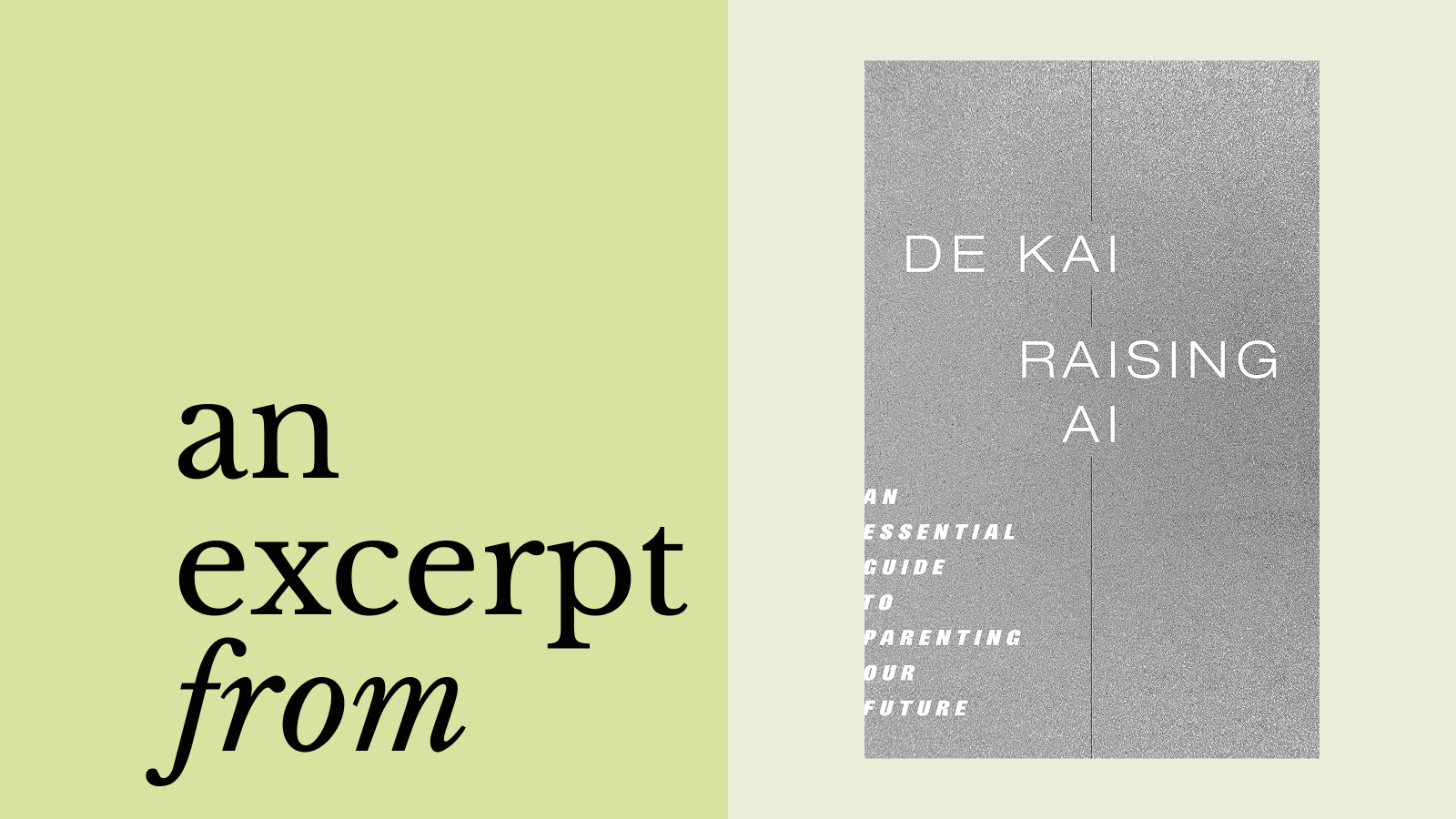Between negative stereotypes and conservatives appropriating feminist language, there’s plenty to contest.
Question: What would you say to people who are turned off by feminism?
Jessica Valenti: You know, something I say a lot when it comes to anti-feminist stereotypes is that they exist for a reason. The stereotypes of feminists as ugly, or man-haters, or hairy, or whatever it is -- that's really strategic. That's a really smart way to keep young women away from feminism, is to kind of put out this idea that all feminists hate men, or all feminists are ugly; and that they really come from a place of fear. If feminism wasn't powerful, if feminism wasn't influential, people wouldn't spend so much time putting it down. Something you hear a lot is that feminism dead. But if feminism is dead, why do people try so hard to kill it? Something just isn't making sense there. So I think when young women hear like, hey, someone's trying to get something over on me, you know, someone's trying to deliberately keep me away from a movement that could make my life better, I think that really resonates with them. And I also think that when they meet other feminists, you know, when they see the Feministing writers or when they see women in their own lives who identify as feminists, and the realize they're not these scary, horrible people, that makes a big difference.
Question: Should feminists try to appeal to conservatives?
Jessica Valenti: That's a really great question. I do -- part of the goal of Feministing and part of the goal with a lot of the writing that I've done is to make feminism more accessible, and definitely to make feminism more mainstream, because I do think that more people are feminists than they realize. You know, people hear the word, and they don't want to identify as feminists, but they believe in feminist values, you know. They believe in equal pay for equal work. They are upset to see rape statistics and the statistics about violence against women. They believe in reproductive justice. But I am really hesitant to kind of open up the doors and say, well, whatever women do is feminist because they're women and they're doing it. You know, I get nervous with that sort of thing.
And I'm also really aware of how feminism and feminist rhetoric has been appropriated by the right. There's a lot of anti-feminist organizations out there, like the Independent Women's Forum and Concerned Women for America, that will use feminist language, that will use words like empowered and even say we're the new feminists -- you know, the way that people talk about Sarah Palin sometimes as a feminist. I think that's really dangerous. I mean, it goes to show the power of feminism that people want to use the language of feminism, but I do fear that it'll kind of get turned into something that's absolutely unfeminist. You know, people ask me a lot, well, can you be pro-life and be feminist? Can you be conservative and be feminist? And I think that yeah, maybe personally you can be those things. But I think if you're advocating for legislation, or if you're fighting to limit other women's rights, then you can't really call yourself a feminist.
Question: What is feminism?
Jessica Valenti: You know, I always go with the dictionary definition of feminism, which is just social, political and economic equality for women. And that's kind of a strategic thing on my part, because I think that it's the hardest definition to argue with. You know, who doesn't want that? Everyone wants equality for women.
Question: What are the most damaging myths about modern feminism?
Jessica Valenti: Like myths about feminism, or just -- I think there are a couple of dangerous myths surrounding feminism. I think the idea that feminism is dead is dangerous because it leads women and men to believe that (1) they don't have to do anything; the work has been done, and that everything is okay now; and (2) it leaves them kind of alone, I think, in a struggle, and that's something I've seen a lot when I go to colleges and I speak to young women. They know that something is off; they know that the world is a messed-up place. They know that the world is a sexist place because they've had experiences in their own life; they see things happening to their friends, to their parents. And -- but because feminism isn't widely accepted, because they don't necessarily have access to feminist thought or to feminist groups, they don't necessarily have a language to put behind the feelings and the thoughts that they're having. And they certainly don't have a support system to let them know like, hey, that's okay; you're right, that is screwed up. And I think that's really a terrible, horrible thing, and that's part of the reason why I think making feminism accessible to more people is so important.
Question: What does making feminism “accessible” mean?
Jessica Valenti: Just letting people know that it's out there, you know. Letting people know that it's out there, but also -- I think it's really a shame -- you know, I grew up definitely a feminist, but I didn't call myself a feminist until I took my first women's studies class in college. And I think it's really a shame that so many young women come to feminism that way, that they come to feminism so late, first of all, and that it's really something that is -- it's a privileged institution; it's a privileged movement. For a lot of women who don't go to college, or for a lot of women who aren't in New York or D.C. or someplace where there's like a large feminist organization they can get involved in, they may be doing feminist work, right, like locally or with a grassroots organization or in their own lives, but if they don't have that support system and if they don't have that availability to feminist language, I think we're missing out on something.
Question: Why do people resist feminism?
Jessica Valenti: I think people resist feminism because they're scared. I think for women, they're scared of being picked on or of being called out. I hear from a lot of young women, you know, I don't want to call myself a feminist because I don't want to get in an argument with someone. And it's just not cool; like it's not a cool thing to be associated with. There's no benefit to saying that you're a feminist. But you do kind of get a nice patriarchal pat on the head if you say, oh, I'm not like that, like I'm not one of those crazy feminists, which is something that happens a lot, where young women or young men will express some sort of feminist ideal, will say, you know, I think it's crap that Wal-Mart won't give out emergency contraception, but I'm not one of those crazy feminists. You know, there's always that caveat there. And it's really unfortunate, I think, that people are missing out. Whether people identify as feminists or not, if they're doing work that furthers a feminist cause, I think that's wonderful, like if it works for me, right, it works for the movement. But I do think that personally they're missing out. If you don't identify as a feminist, you're missing out on this whole community that's out there that could really help you with your work, help you with your personal life, and just give you support.
Question: Do you find breaking feminism into waves productive?
Jessica Valenti: I don't find the wave model very productive, because I think it kind of serves to fan the flames of generational tension, or make it seem like there's more generational tension than there actually is. And it also makes it seem as if there's a beginning and an end to each of those movements, or it seems much more connected to me than anything else. I mean, don't get me wrong; I'm glad that we have a history at all and that we can talk about feminist history. But I do think that it doesn't really pay attention to the complexity and the nuance that is feminist thought. And it also tends to privilege kind of the mainstream movements, right? So for the second-wave movement there was all sorts of feminist work being done, but when you think about second wave, you think Gloria Steinem, Betty Friedan, and you don't necessarily think about maybe some of like the other women who were doing feminist work or smaller organizations. So I think we run the risk of not paying attention to all of the work that's being done.
Question: Who are your major influences?
Jessica Valenti: The biggest thinker that's influenced my feminism is definitely Bell Hooks, who's a feminist cultural critic, because of her accessibility but also just because she's a genius. But one of the things I really like about doing work online, and the thing I like about the work I'm doing now, is that I get to meet feminists all the time and I get to read new feminists every day on the blogosphere. And it's really that kind of diversity of thought that informs me more than anything else these days. It's just kind of learning something new all the time. And I kind of love that there's not really a feminist canon; or maybe there is, but it's being changed, that it's a constantly moving canon in the feminist blogosphere. I love that.
Question: How can research on biological gender differences be reconciled with feminism?
Jessica Valenti: That's a really difficult question. Yeah, there's going to be biological differences between the genders. There's going to be biological differences between two women or two men. There's biological differences between all of us. My concern is, why are we so concerned about it? Why are we so worried about it? Why, whenever a study comes out about men do this one way and women do this one way, or men's brains and women's brains -- why are we so interested in that? You know, what makes us so fascinated by differences between the sexes? And I think more often than not that interest is deeply embedded in sexism. You know, the studies about differences between the sexes that you see kind of get propped up in the media are more often than not denigrating women in some way, saying that women really don't have any spatial understanding, and that's why they can't park. You know, it always comes back to something like that.
Question: Has blogging changed feminism?
Jessica Valenti: I think that blogging and the Internet has completely changed feminism for ever, I think. You know, it used to be, 10 years ago, if you wanted to have a strong, influential voice in the feminist movement, you really needed to be part of this New York/D.C. elite group of feminists, or part of a mainstream feminist organization. And now it's kind of an amazing thing that you can just start a blog and put your voice out there and build your readership. I know I certainly wouldn't be writing books if it hadn't been for the feminist blogosphere, and I think that's a really amazing thing. And just the sheer power of outreach I think is incredible. It used to be that if someone was to get involved in feminism, it was probably because they were already interested. They were already interested in feminism; they were already interested in being an activist, and they found their way to like a NOW meeting or to a consciousness-raising group or something like that.
What we find a lot on Feministing is a lot of our readers kind of came to us by accident. A story I tell a lot because I think it's so interesting is a couple of years ago this teenager wrote me an e-mail because she had found the site after doing a Google search on Jessica Simpson. She was a big Jessica Simpson fan. And she ended up on the site because I think I had written something about Jessica Simpson's father and a virginity pledge and something like that, and just really the sexism behind that. And she got to the site, and she wrote me this e-mail saying, you know, I thought all feminists were older and hated men and weren't funny; I couldn't believe that this was what feminism was about. And she stuck around and she became a regular reader, and we got -- I mean, we continue to get a lot of e-mails like that, so just kind of stumbling upon feminism by accident; and having this kind of subversive outreach I think is a really incredible thing.
Question: Is the current wave of feminism global?
Jessica Valenti: Yes, I think feminism has always been global. I think there's feminism everywhere throughout the world. I think, though, for Western feminism and for American feminism, it not so surprisingly continues to center Western feminism and American feminism. And I think the biggest hurdle American feminists have in terms of taking a more global approach is that too often when you hear American feminists talk about international feminism or women in other countries, it kind of goes along with this condescending point of view like we have to save the women of such-and-such country; we have to help them. And -- when more often than not they're already helping themselves in some other way. So I think that it's incredibly important that we're actually paying attention to the feminism that's going on on the ground in different countries and see what we can do to support the work that's already going on, as opposed to kind of assuming that we know best for women in other areas.
Recorded December 11, 2009





